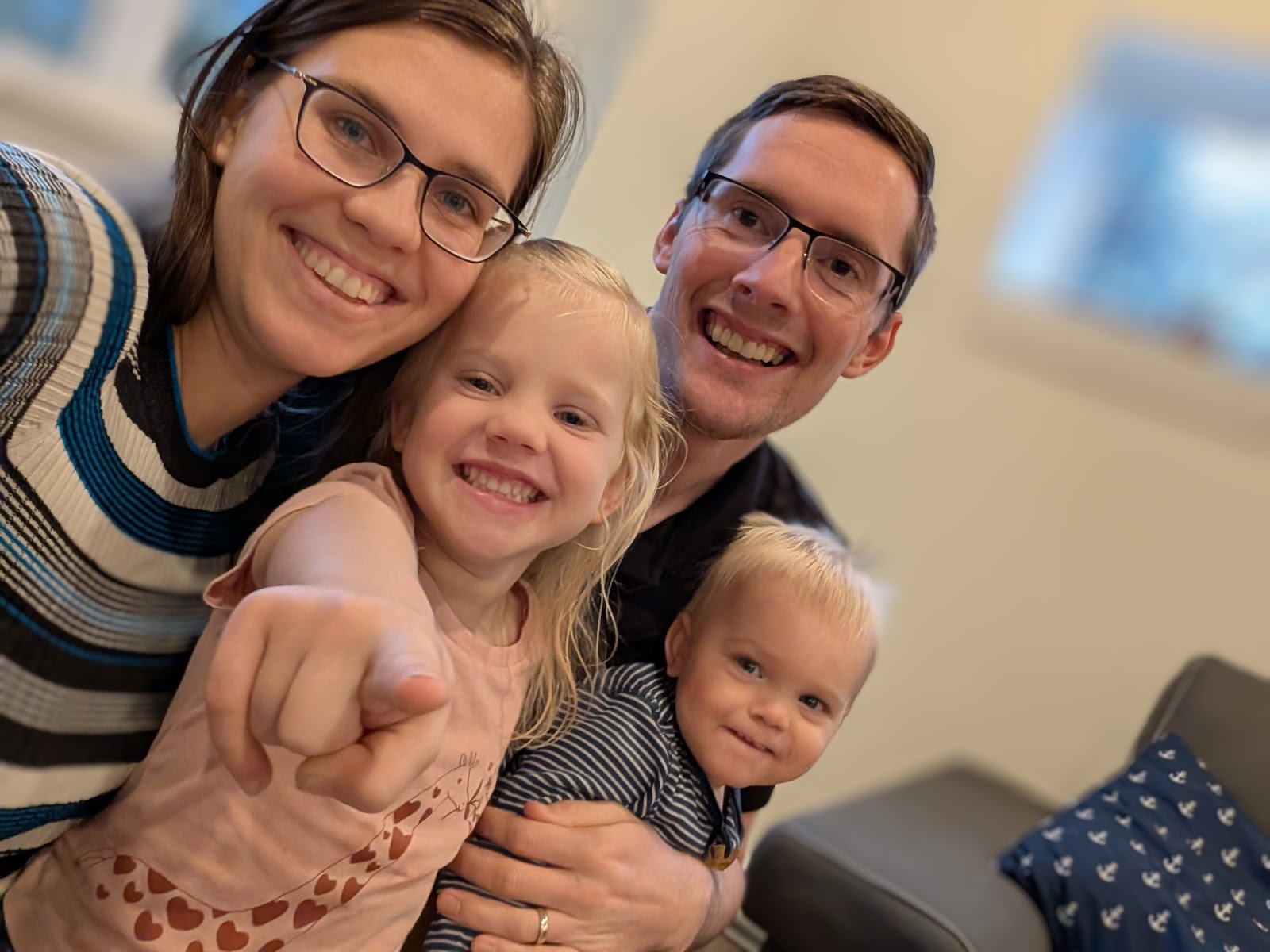While we wait for a birth certificate, passport, and visa, we will continue to share brief updates together with a short excerpt of what we shared in our presentation.
I have been privileged to spend most of my flying time serving one of the most isolated and remote areas of Papua New Guinea. The Western Province is one of the largest and most inaccessible regions in PNG — with vast flatlands covered in river systems. Villages are dotted along the streams and rivers across the province, but the province lacks the infrastructure or transport options needed for its people to access healthcare or education.
In lowland areas like the Western Province, it is exceptionally hot and humid. This, combined with a clay-like soil, makes it very difficult to grow many crops. Malnutrition is a common problem, as well as other health concerns including acute malaria. In some areas, water has been polluted due to improper treatment of mining wastes in the mountains to the north. If any area of the country needs healing, in all senses of the word, the Western Province is one of them.
Healing processes have been started in this area through a partnership between MAF and another program known as the SDP, or Sustainable Development Program. Most of my flying has been and will be in this area, working with the program’s Aerial Health Patrol teams.
Each Monday and Tuesday, we transport several health teams to a remote village in the province, where they stay for one or two weeks to provide much needed health services. During these patrols, the health workers see many patients (and sometimes call MAF for medical evacuations if they don’t have supplies or equipment to treat the patient), give lessons to the community on hygiene and personal practices that promote good health, and begin training a community health worker.
Once their time in a particular village is complete, we will return to the nearest airstrip to transport them back to their base in Balimo, where they will prepare for their next patrol the next week. These dedicated health workers spend six weeks in the bush and then spend two weeks with their family before heading out for six more weeks of patrols.
Without MAF flying 10 teams into approximately 40 airstrips in the Western Province, many people would not be reached. The teams would have to make long, dangerous trips by canoe and walking to reach each village — spending more time travelling than treating and teaching. Through our partnership, more people than ever are being reached and more villages are seeing a start to the healing that they have needed for so long.




Congratulations with you dear baby son! Praying that all the paperwork get done sone.
ReplyDelete